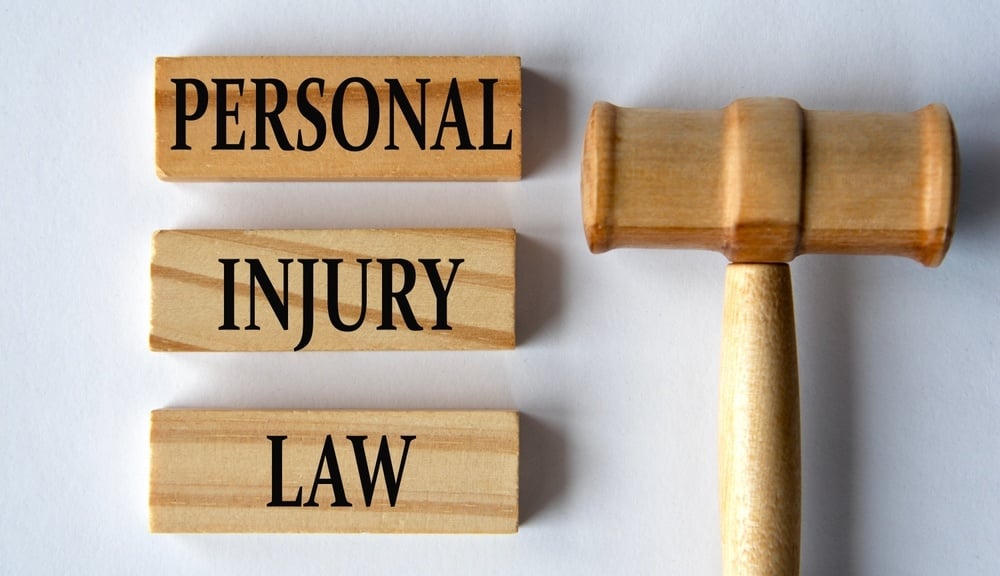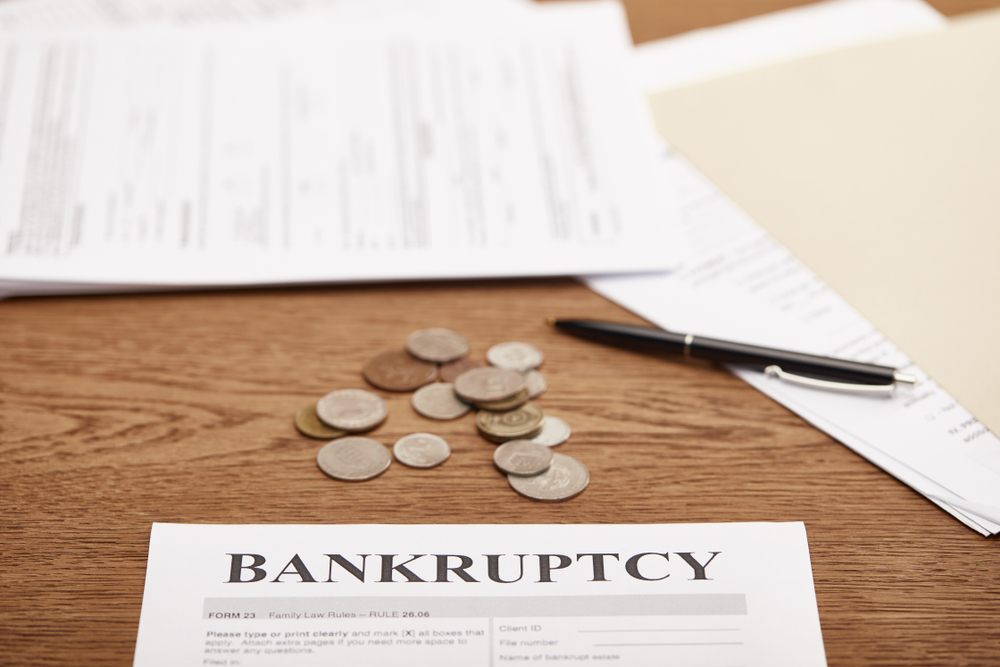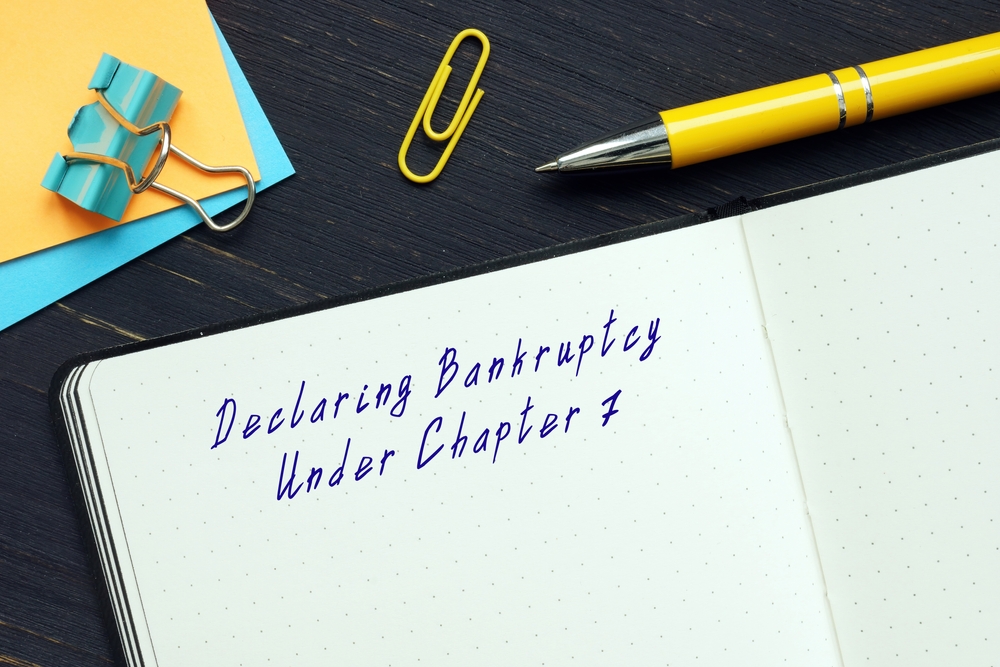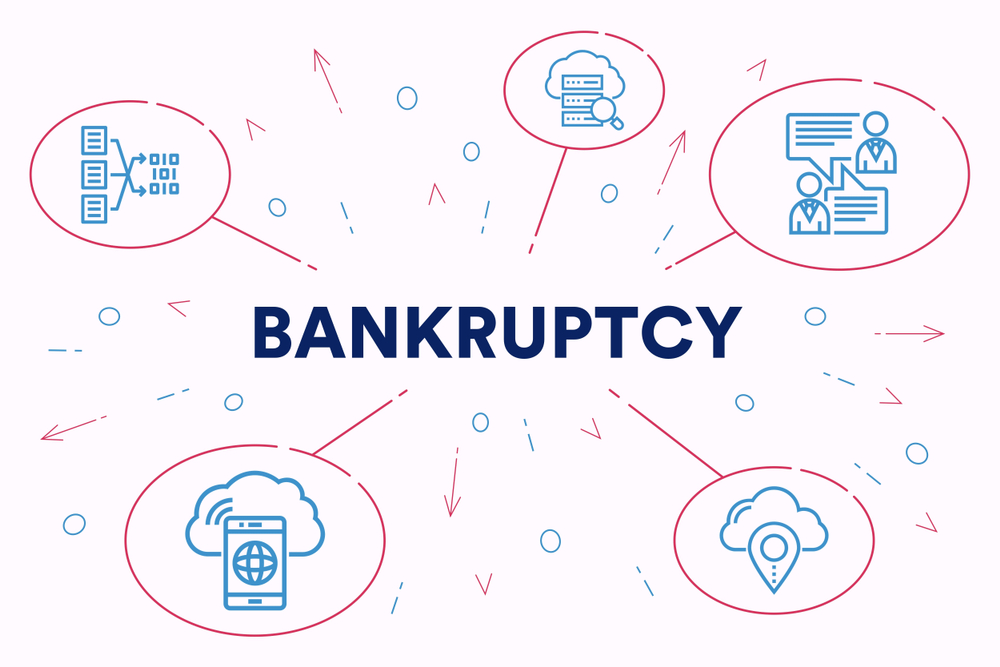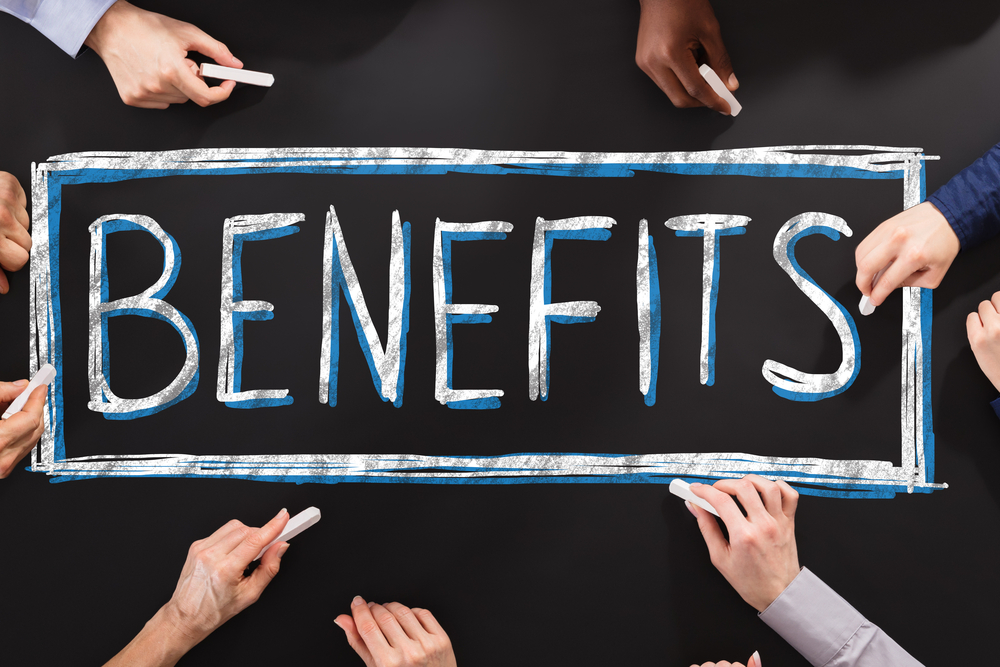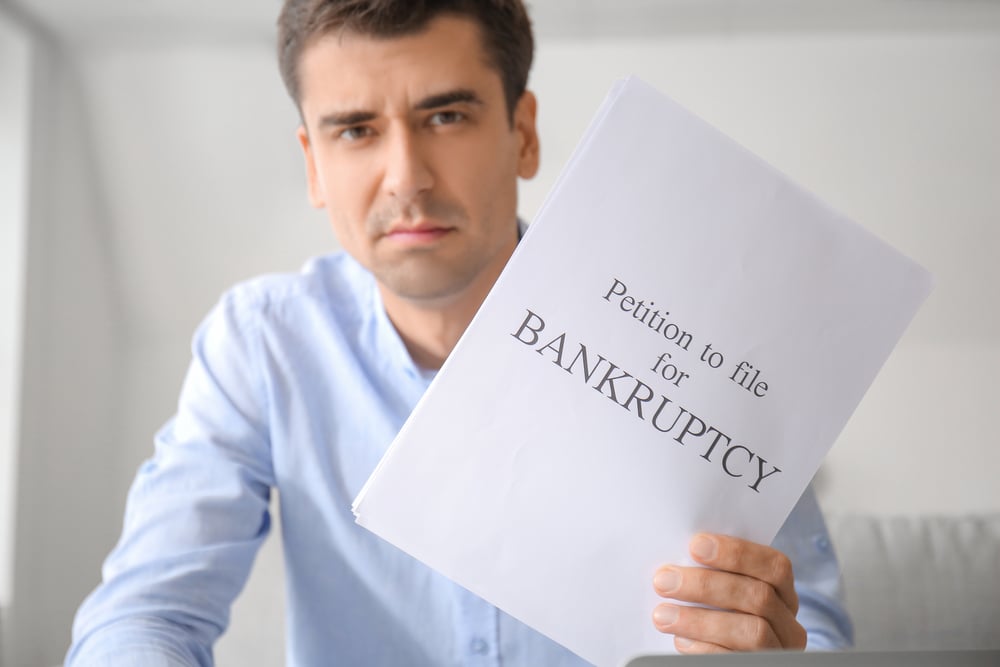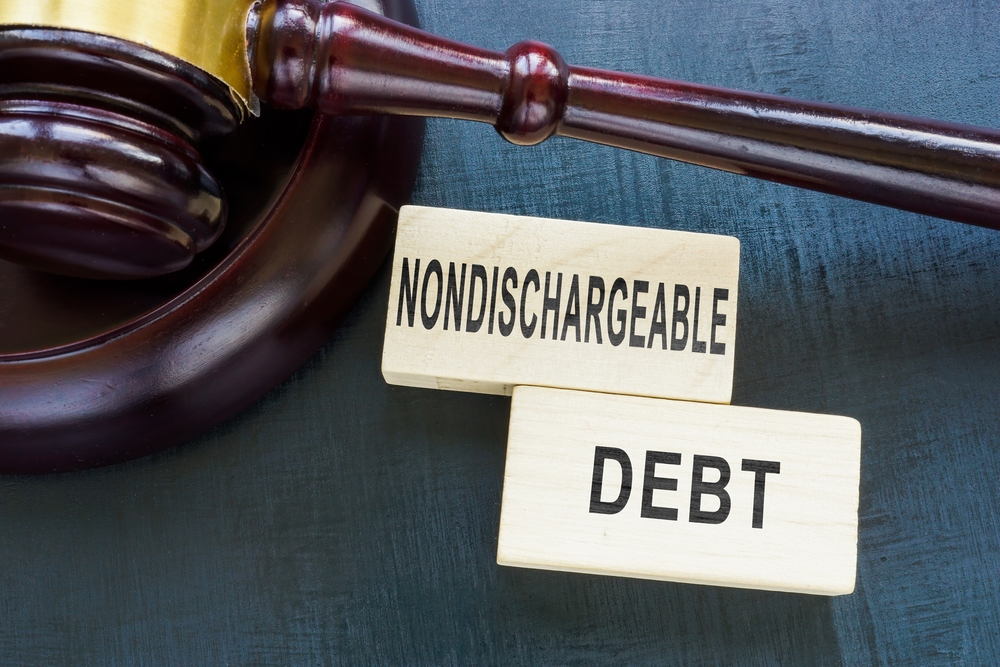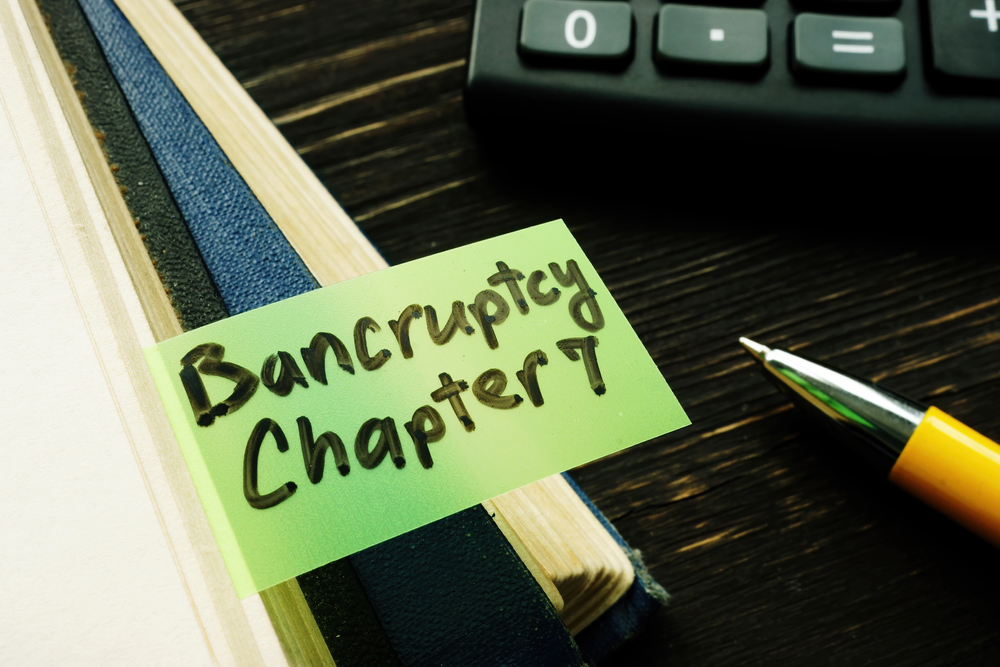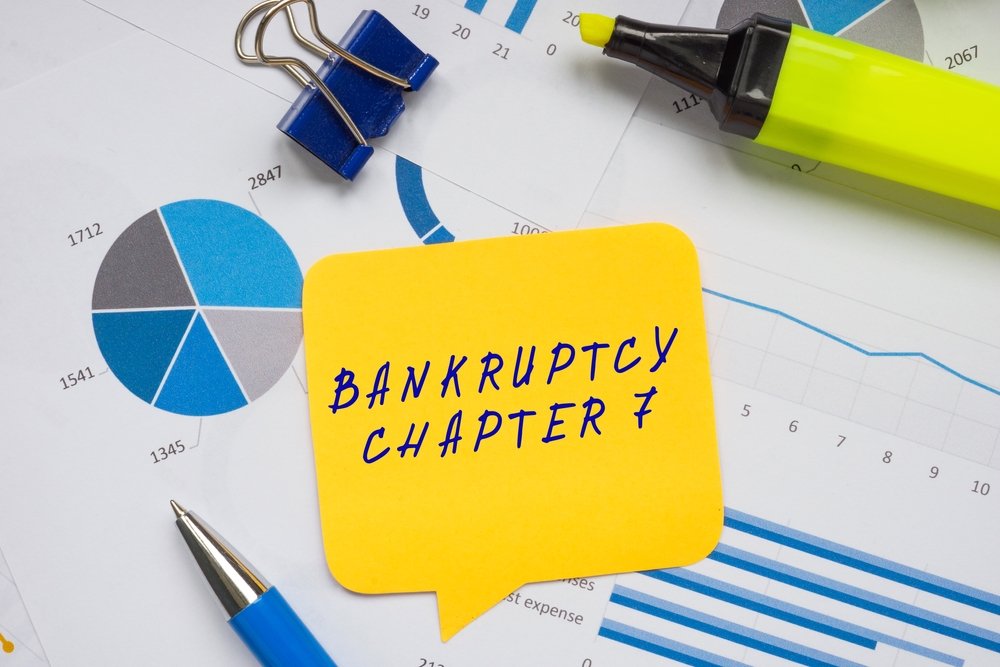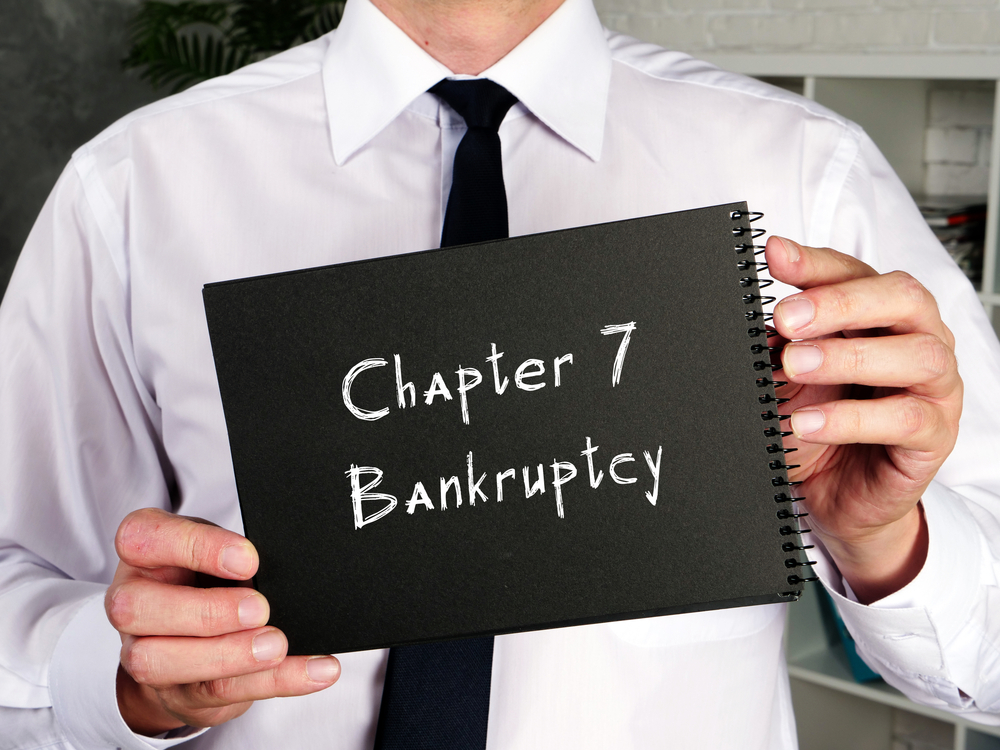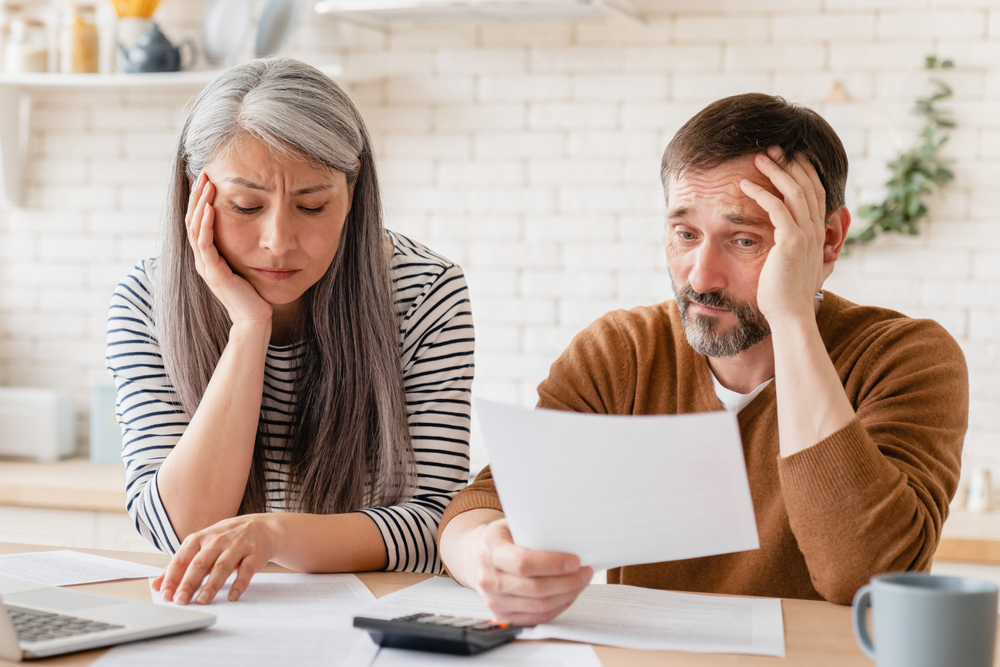The trustee is another attorney who is assigned to your case by the US Trustee to represent the bankruptcy estate. The trustee is the person who administers your estate and distributes any funds that come in during your case. They also make sure what you said in your bankruptcy case is truthful and correct and verify the information you provided. You will meet with the bankruptcy trustee at the 341 hearing, usually about 4 to 6 weeks after your case is filed.
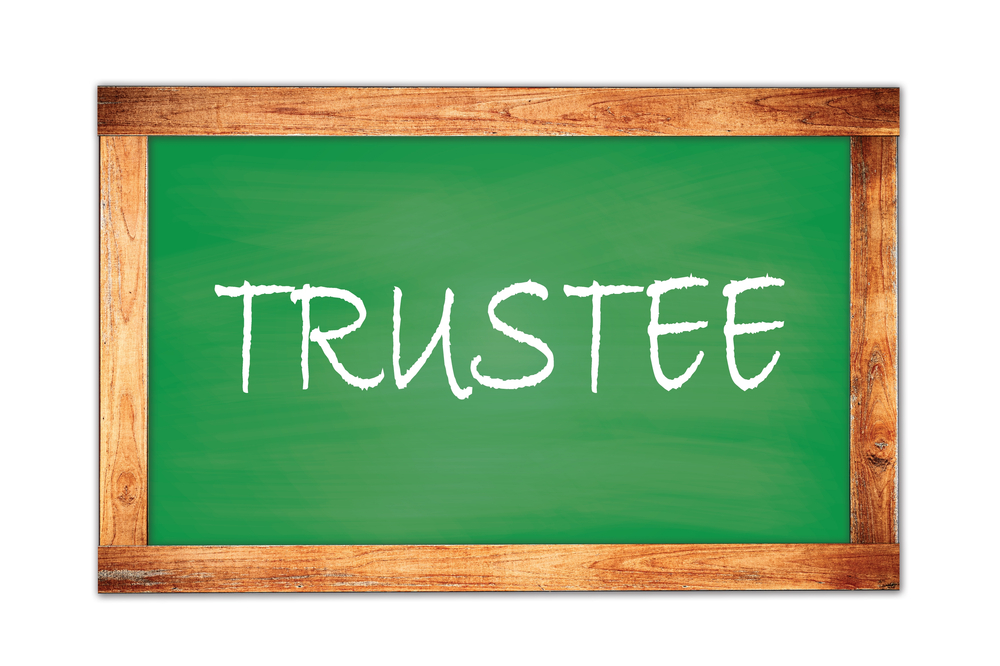
What Happens If the Trustee in Chapter 7 Denies Your Bankruptcy?
The trustee is another attorney who is assigned to your case by the US Trustee to represent the...

